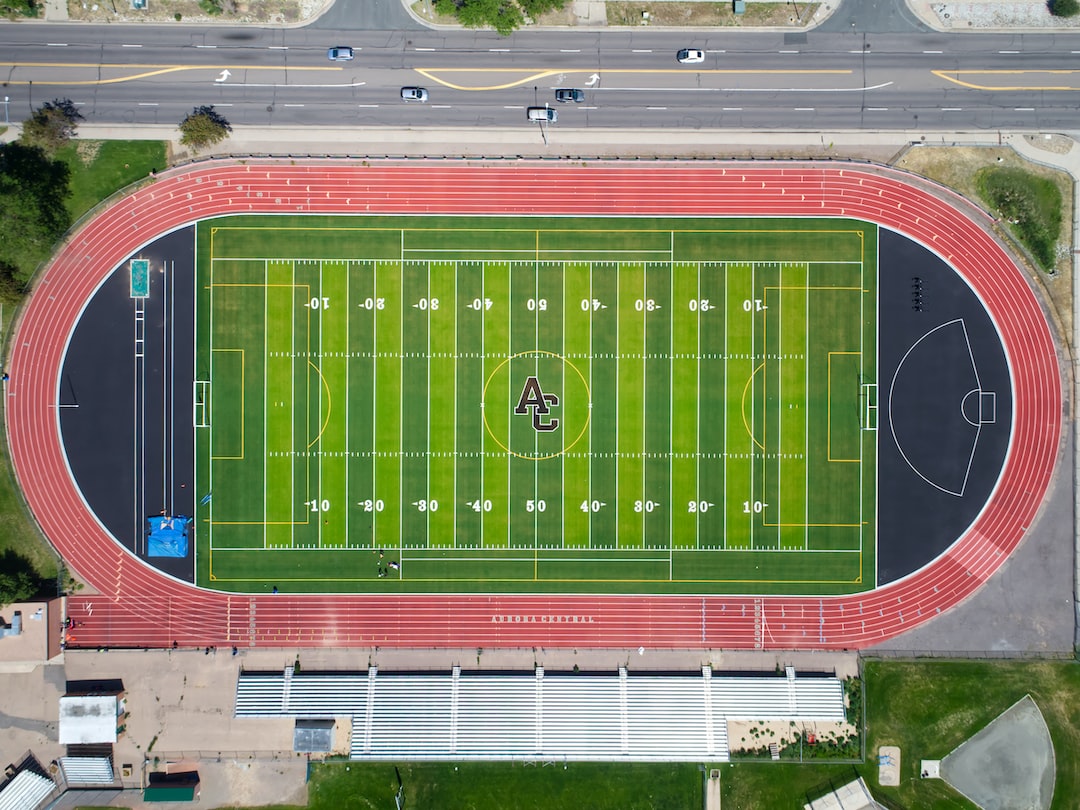The Impact of Sleep on Athletic Performance
Sleep is often overlooked when it comes to discussing athletic performance, but its importance cannot be overstated. For athletes, quality sleep is just as essential as training and nutrition. In fact, sleep is often referred to as the “secret weapon” for athletes. In this article, we will delve into the significant impact sleep has on athletic performance and explore strategies for optimizing sleep to enhance athletic abilities.
One key area where sleep plays a vital role is in the recovery process. During sleep, the body undergoes essential processes to repair damaged tissues, replenish energy stores, and regulate hormones. Lack of quality sleep disrupts these processes, leading to decreased performance and increased risk of injuries. Studies have shown that athletes who consistently get enough sleep have faster recovery times and are less prone to injuries, ultimately facilitating their overall progress and success.
Sleep is also closely linked to cognitive function, which directly affects athletic performance. Sleep deprivation impairs memory, attention, decision-making, and reaction time – all critical aspects for athletes. When an athlete is sleep deprived, their ability to focus diminishes, leading to slower reflexes and decreased performance. Additionally, inadequate sleep hampers the ability to learn and retain new skills, hindering an athlete’s progress and ability to adapt to changing game situations.
Furthermore, sleep deprivation negatively impacts motivation and mood, both of which are essential for optimal athletic performance. A lack of sleep often results in increased feelings of fatigue, irritability, and mood swings. These factors not only affect an athlete’s ability to perform at their best but can also have a detrimental impact on their overall mental well-being. Athletes who consistently get enough sleep have been shown to have better mental clarity, increased motivation, and improved mood, leading to better overall performance.
It is crucial for athletes to prioritize sleep and adopt healthy sleep habits. Here are some strategies for optimizing sleep quality:
1. Stick to a consistent sleep schedule: Going to bed and waking up at the same time each day, even on weekends, helps regulate the body’s internal clock. This consistency promotes better sleep quality and makes it easier to fall asleep and wake up refreshed.
2. Create a sleep-friendly environment: Make sure your sleep environment is cool, dark, and quiet. Consider investing in comfortable bedding and pillows to enhance comfort. Disconnect from electronic devices at least an hour before bed to minimize exposure to blue light, which can disrupt sleep patterns.
3. Establish a relaxing pre-sleep routine: Engage in relaxing activities such as reading a book, practicing yoga, or taking a warm bath before bed. These activities signal to your body that it is time to wind down and prepare for sleep.
4. Manage stress: Stress and anxiety can interfere with sleep quality. Implement stress management techniques such as meditation, deep breathing exercises, or journaling to promote relaxation and improve sleep.
5. Avoid stimulants: Limit the consumption of caffeine, nicotine, and alcohol, as these substances can interfere with both the ability to fall asleep and sleep quality.
By incorporating these strategies and ensuring adequate sleep, athletes can significantly enhance their athletic performance. Prioritizing sleep as a part of an overall training routine will result in improved physical recovery, enhanced cognitive function, increased motivation, and heightened mood.
In conclusion, adequate sleep is crucial for optimal athletic performance. Sleep deprivation can hinder an athlete’s recovery, cognitive function, motivation, and mood. By prioritizing sleep and adopting healthy sleep habits, athletes can reap the benefits of improved athletic performance and overall well-being. Remember, sleep is not a luxury but a necessity for athletes aiming to reach the pinnacle of their abilities.

